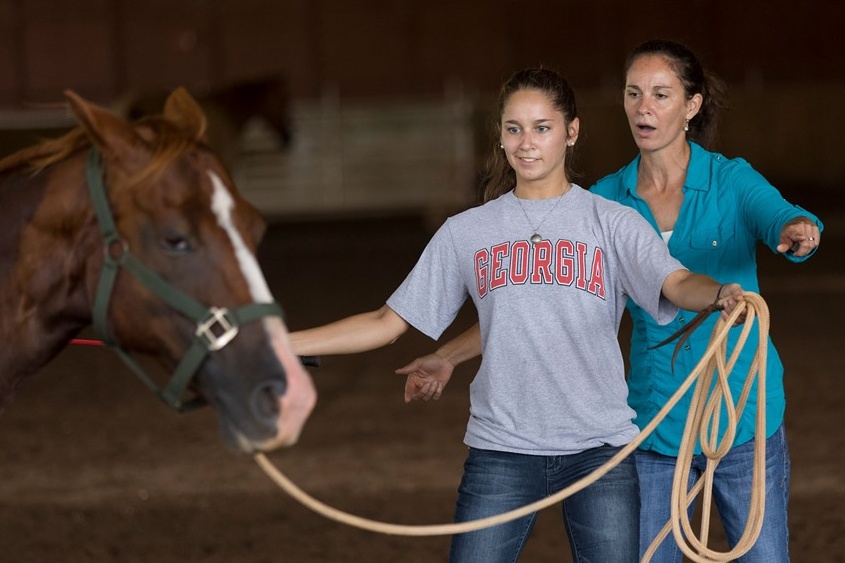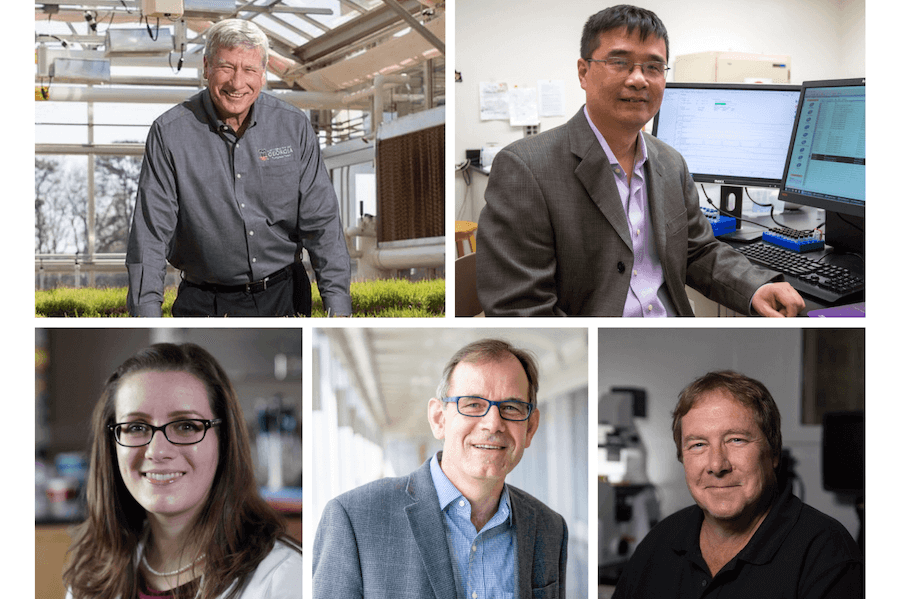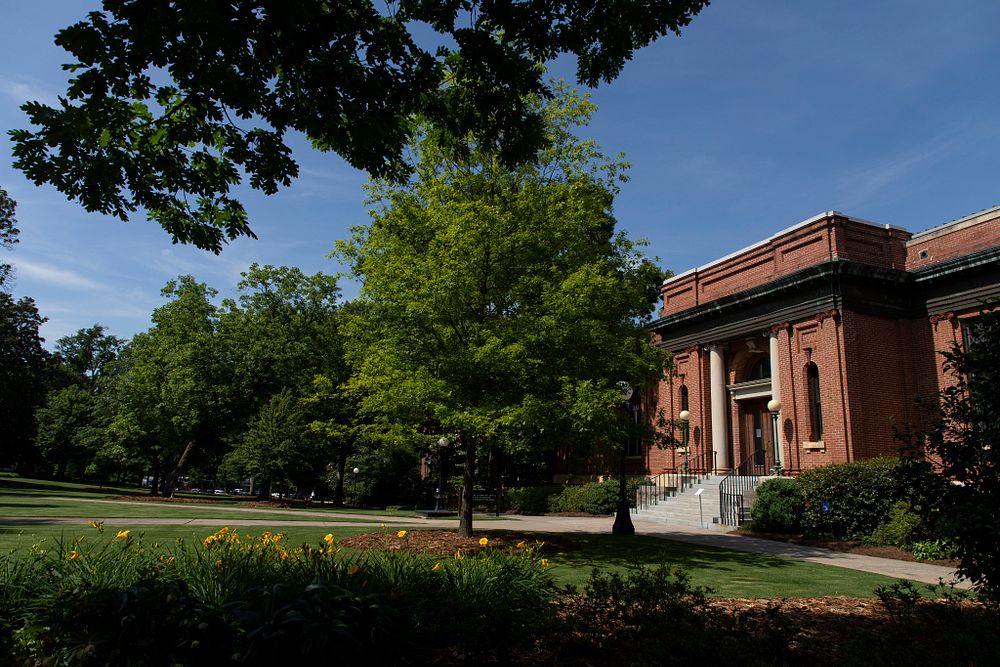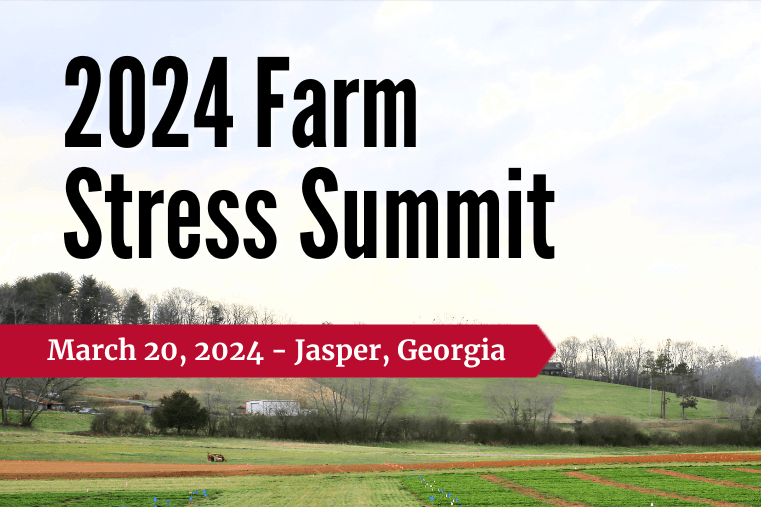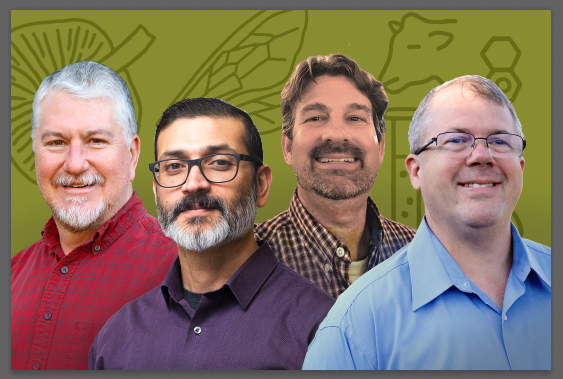 CAES News
CAES News
2024 Alumni Awards
Seven alumni from the University of Georgia College of Agricultural and Environmental Sciences will be recognized at the 68th annual CAES Alumni Association Awards banquet on April 6. Two Georgia agricultural leaders will be inducted into the Georgia Agricultural Hall of Fame at the event, hosted at the Classic Center in Athens. “Georgia’s No. 1 industry — agriculture — is that because of the people that are part of the industry,” said Becca Turner, CAES Alumni Association board president.

